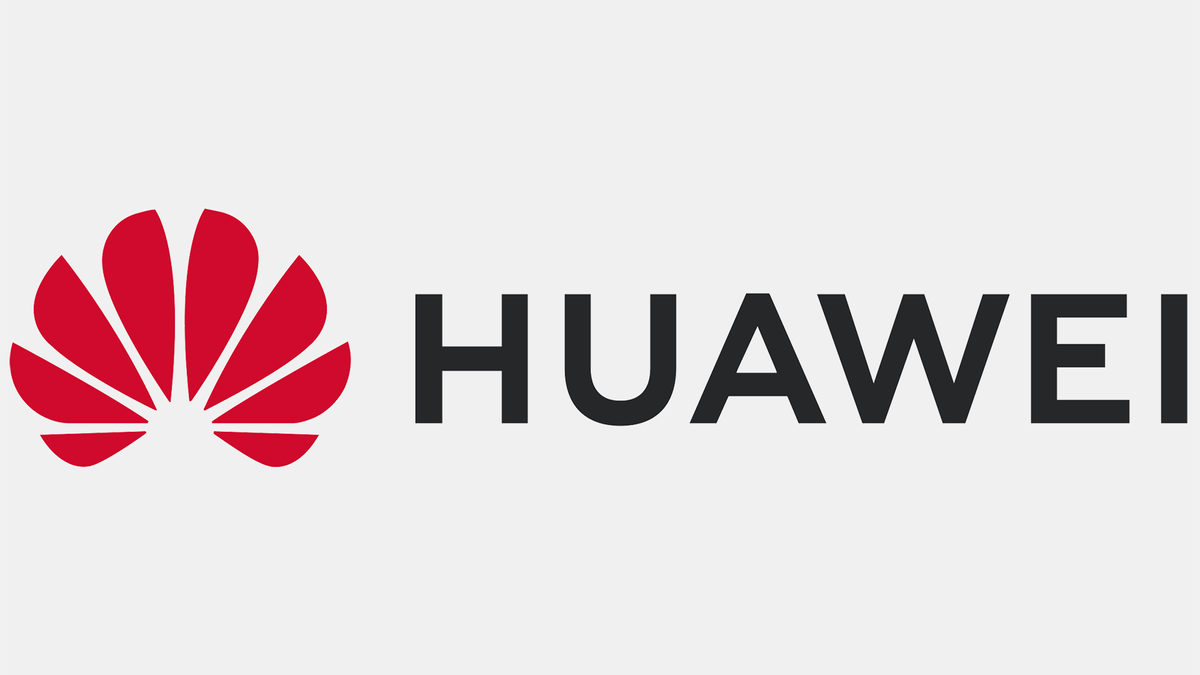Huawei and presumably China’s Semiconductor Manufacturing International Co. (SMIC) have submitted patents for a chip production method called self-aligned quadruple patterning (SAQP). The ultimate aim is to produce chips on a 5nm-class process technology, according to a Bloomberg report. The very same method was a major reason for the failure of Intel’s 1st Generation 10nm-class process technology, but Huawei and SMIC have no choice but to use quadruple patterning as they do not have access to leading-edge production tools due to U.S. export rules.
Usage of SAQP could enable SMIC to build chips on sub-10nm technologies (we are talking about SMIC’s rumored 5nm fabrication process) despite U.S. efforts to limit China’s capabilities in the field of advanced semiconductor production. In Intel’s case, SAQP technology was meant to eliminate reliance on high-end lithography, specifically extreme ultraviolet (EUV) lithography machines made by ASML. In the Huawei and SMIC case, quadruple patterning is the only technique that increases transistor density using the tools that the contract chipmaker already has.
The SAQP method described in Huawei’s patent application involves etching lines on silicon wafers multiple times to boost transistor density, reduce power consumption, and potentially increase performance. This approach could allow for the production of more sophisticated chips than those that SMIC already produces for Huawei, including the Kirin 9000S. SiCarrier, a state-backed chipmaking gear developer working with Huawei, has also been granted a patent that involves multipatterning, according to Bloomberg, which again confirms SMIC’s plans to use this technology for its next-generation nodes.
Despite the potential of quadruple-patterning technology to enable China to manufacture 5nm-class chips, experts like Dan Hutcheson, vice-chairman at TechInsights, believe that China will eventually need to acquire or develop EUV machines for long-term competitiveness beyond 5nm-class nodes. If Huawei and its partners resort to alternative methods for semiconductor production, their cost per chip may exceed what is economically feasible for commercial devices like PCs and smartphones. Then again, processors used for supercomputers, which in turn could be used for developing weapons including weapons of mass destruction, don’t need to pay heed to commercial economic restrictions.
While developing weapons may be important for China, the advancements in chip technology are crucial for the country’s economy. Nowadays it is largely based on demand from within the country and somehow buyers in China would like to possess competitive products, such as an iPhone from Apple. This is where Huawei may use the tech, for consumer system-on-chip design, but its chipmaking partner SMIC has to catch up and this ultimately involves acquiring advanced chipmaking process technologies.



